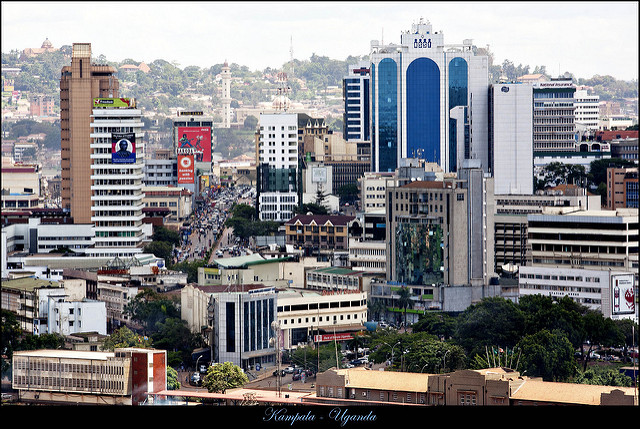A new survey reveals that Uganda’s economy is increasingly recovering from hard economic times despite export orders reducing due to political uncertainty in key export markets.
The Headline Stanbic Bank Uganda Purchase Manager’s index for August signaled a further improvement in the health of the Ugandan private sector. At 54.1 in August up from 54.3 in July, the seasonally adjusted index was above the average recorded over 15 months of data collection so far.
Commenting on August’s survey findings, Jibran Qureishi, Regional Economist E.A at Stanbic Bank said: “The private sector continued to show encouraging signs of improvement in August with the PMI average recorded over the past two months of 54.2 being much higher than the 51.6 average in the first two quarters of 2017. Indeed, even though export orders were down in August, firms are likely to begin exporting much more over the remainder of the year and beyond as political risk in key trading partners could begin to subside. Moreover, the current stable macroeconomic environment is likely to bode well for the Ugandan private sector in FY2017/18 and continue to moderately get the economy back on firm growth trajectory path. ”
Analyzing the performance of the various sectors, Anne Juuko Stanbic Bank Uganda’s head of Global Markets revealed, “Following stability in the preceding month, the wholesale & retail sector returned to growth in August. In addition further improvements in business conditions across the remaining sectors (agriculture, construction, industry and services) were maintained from the previous survey period.’’
She noted that the Uganda’s private sector registered increases in both output and new orders for the seventh consecutive month. In response to greater output requirements, private sector firms raised their payroll numbers accordingly with all five monitored subsectors increased their staffing levels during August.
In contrast to the trend seen for total new business, new export orders fell during August, with panelists mentioning political instability in key export markets namely Southern Sudan and Kenya where fresh elections have just been announced.
The Stanbic PMI is a composite index, calculated as a weighted average of five individual sub-components: New Orders (30%), Output (25%), Employment (20%), Suppliers’ Delivery Times (15%) and Stocks of Purchases (10%). Readings above 50.0 signal an improvement in business conditions on the previous month, while readings below 50.0 show a deterioration.





